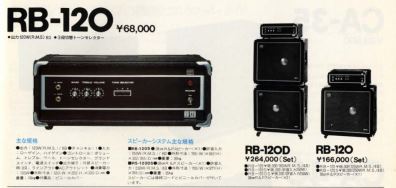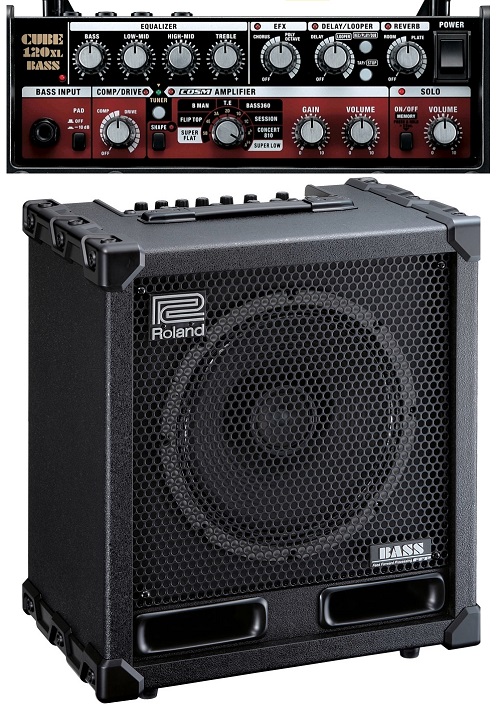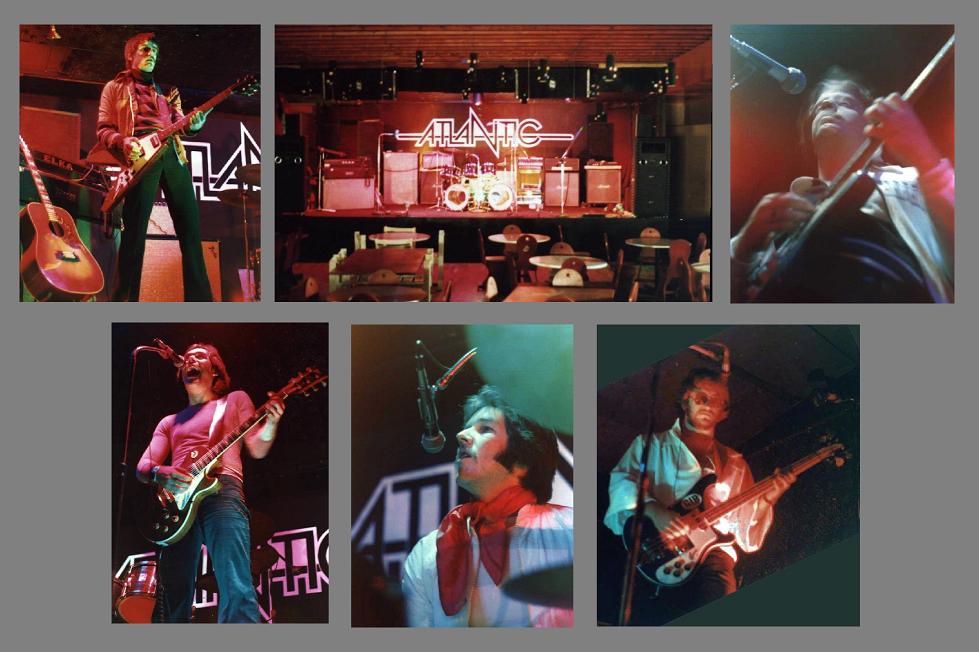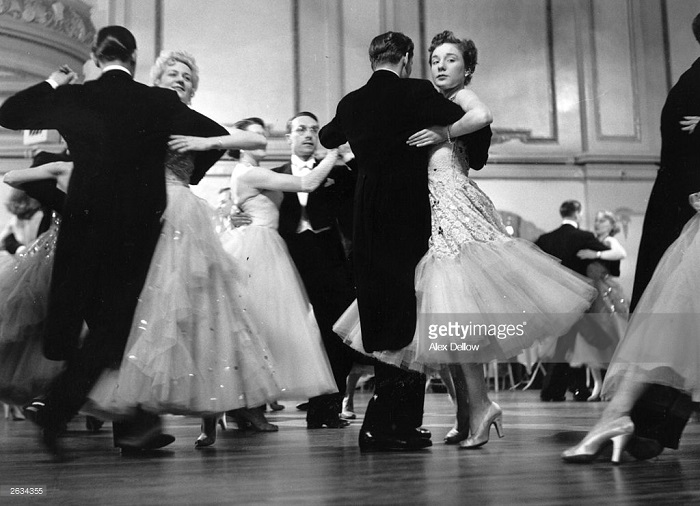Whenever you set about making a list which has lofty goals — e.g. “Top 10 Songs That Defined The 60s“, you have to careful about the criteria. On the aforementioned video, the listmaker used both record sales and influence on music as the primary characteristics for inclusion on the list. Here’s the choice, as formulated:
10. Hit The Road Jack — Ray Charles (’61)
9. Mrs. Robinson — Simon & Garfunkel (’68)
8. You Really Got Me — Kinks (’64)
7. Respect — Aretha Franklin (’67)
6. Like A Rolling Stone — Bob Dylan (’65)
5. My Generation — The Who (’65)
4. Good Vibrations — Beach Boys (’66)
3. Satisfaction — Rolling Stones (’65)
2. All Along The Watchtower — Jimi Hendrix (’68)
1. I Wanna Hold Your Hand — Beatles (’63)
With honorable mentions of:
Stand By Me – Ben E. King (’61)
Be My Baby – Ronettes (’63)
Heard It Through The Grapevine – Marvin Gaye (’68)
Light My Fire – Doors (’67)
For What It’s Worth – Buffalo Springfield (’67)
The problem with this list — and by the way, I don’t have any argument over the worth of the songs because they’re all excellent — is that I’m not sure how much the R&B numbers (e.g. Ray Charles and Aretha) influenced music, per se, because R&B hadn’t really changed much since the 1950s (e.g. The Platters) and it was only when James Brown’s funk and later, bebop came on the scene that the R&B genre started to change radically. (The really big change to R&B had already happened, with Elvis using R&B to ginger up the early rock ‘n roll music and getting White people to listen to it.)
The biggest problem with the list, though, is the concatenation of “record sales / popularity” (which is an easy measure) and “influence” (which isn’t easy). Using just sales, for instance, we’d have to include songs like Louis Armstrong’s Hello Dolly, Percy Faith’s Theme from ‘A Summer Place’ and the Four Seasons’ Big Girls Don’t Cry, all smash hits in the 1960s, but not influential songs by any measure.
Here’s an example of my confusion. Simon & Garfunkel were simply folksingers (albeit brilliant ones), and even the brilliant Mrs. Robinson wasn’t that different from other songs of that genre, before or since. Paul Simon would later be a major change agent in music, but S&G, not so much.
The two songs on the list which stand out as not only popular but also influencers are of course I Wanna Hold Your Hand and Good Vibrations, both of which changed the way other musicians started to compose and play. The fact that they were also hugely popular merely emphasizes what giant songs they were. Using that criterion, there would be a very strong case to put the 1967 Beatles’ A Day In The Life (the song and the Sergeant Pepper’s Lonely Hearts Club Band album) onto the list — because having already influenced modern rock music once in 1963, the Beatles went ahead and changed its direction again, in 1967.
Likewise, the inclusion of Satisfaction and My Generation makes sense because they weren’t much songs as they were generational counter-culture anthems and they too set the stage for others to follow. (Despite my dislike of both bands, it’s quite likely that without The Who and the Stones there would have been no punk music, for example. That’s “influence” for you.)
I also have my doubts about All Along The Watchtower because while it is quite easily one of my favorite rock songs of all time, all Hendrix did was make a Dylan song sound good (not a difficult task, by the way). Jimi’s music was so different and so iconic that his would-be successors (e.g. Stevie Ray Vaughan) simply covered his songs. Yes, Hendrix changed the way people played music, but I challenge anyone to point to a modern song of which you can say, “Aha! That sounds like Hendrix!” (although I will allow that Lenny Kravitz has come awfully close on occasion, as did Prince).
So if you were to ask me to draw up my list of 12 Songs Which Defined the 1960s, it would look like this, but ranked in no specific order:
- Good Times Bad Times — Led Zeppelin (68) — OR — Whole Lotta Love (69) because Zep practically defined hard rock for future musicians. Granted, they came right at the end of the 60s, but the point of the 1960s was that it set up the next decade’s music (and beyond).
- I Wanna Hold Your Hand and Good Vibrations — no argument from me on those two; the Beatles song established pop music and Good Vibrations was a forerunner for other neo-orchestral songs which followed, such as Bohemian Rhapsody.
- A Day In The Life — for reasons as stated above.
- Ditto Satisfaction and My Generation, which dirtied up the clean Beatle-esque songs of the 60s and reminded us that at its heart, rock ‘n roll isn’t pretty. (By the way, if we use record sales as a criterion, Honky Tonk Woman — a much better song, in my opinion — outsold Satisfaction by far, but the latter is the more important song.)
- Whiter Shade of Pale — Procol Harum (’67) turned rock progressive.
- (Sittin’ On) The Dock Of The Bay — Otis Redding (’67) turned R&B into Soul. Without Otis, artists such as Bill Withers, Percy Sledge, Joe Tex and maybe even Marvin Gaye might not have been as big as they were.
- You Really Got Me — The Kinks (’65). Still heavy, even today.
- Like A Rolling Stone — Bob Dylan (’65). Hate his voice, love the music.
- Does Anybody Really Know What Time It Is? — Chicago (’69). Like Sergeant Pepper’s, you could pick just about any song off Chicago’s first album to put on this list. (Jimi Hendrix’s comment to the band: “Your horns are like a set of lungs and your guitarist’s better than me.” ‘Nuff said.)
- White Room — Cream (’68). No list of musical influencers of the 1960s would be complete without Eric Clapton, Jack Bruce and Ginger Baker.
Honorable mentions:
- Space Oddity — David Bowie (’69) although his real influence would come in the next decade (a story for another time).
- Papa’s Got A Brand New Bag — James Brown (’65)… now he changed R&B. Without him, no Earth, Wind & Fire, for example.
- River Deep, Mountain High — Hellooo Tina (’66)
- Funk #48 — James Gang (’69). Like many of the musicians in the above bands, Joe Walsh probably influenced more bands than he’d care to admit. We’ll look at him in greater depth when I get round to doing this for the 1970s.
I should point out that I don’t necessarily like all the songs listed above, but I can’t deny their influence on the 1960s.
Your arguments and invective are, as always, welcome in Comments,




